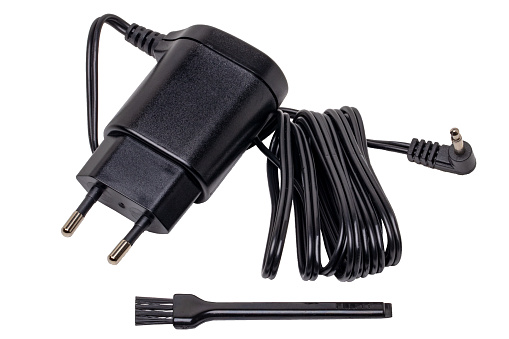Meniere Disease – Causes, Treatment, and Risks of Surgery
If you think you may have Meniere disease, you can start by learning more about the condition. Find out what causes it, what treatment is most effective, and what tests are needed to confirm the diagnosis. You may also want to learn about the risks of surgery for Meniere disease. Fortunately, surgery is rarely required. If you suffer from this condition, your ENT doctor will be able to explain the various procedures available and discuss your options.
What triggers Meniere’s disease?
The answer to the question “What triggers Meniere’s disease?” is complicated and elusive. The disorder can be hereditary or acquired, and people can have multiple episodes per week. Symptoms can also last weeks or even months. There is no known cure for Meniere’s disease, but there are therapies and treatments that can help control the disease and manage the symptoms.
The disorder is thought to be triggered by an abnormal buildup of fluid called endolymph inside the inner ear. This buildup disrupts the delicate balance and hearing processes that take place within the ear. The ear’s drainage system is disrupted, and signals sent to the brain are distorted or misinterpreted. Ultimately, it leads to vertigo and other symptoms of Meniere’s disease.
Is Meniere’s disease serious?
Meniere’s disease is a serious condition that affects the inner ear. It causes problems with hearing and balance. Because symptoms can mimic other disorders, diagnosis requires testing. Treatment involves monitoring the symptoms and managing the disease. Unfortunately, Meniere’s disease has no cure. If you suspect that you may have Meniere’s disease, seek medical advice immediately.
The symptoms of Meniere’s disease include vertigo, difficulty hearing, and loss of balance. A sufferer may also experience anxiety and depression. If untreated, Meniere’s disease can even lead to permanent hearing loss. Fortunately, healthcare providers understand the impact that this disease can have on your mental health and can help you manage the symptoms.
What is the best treatment for Ménière’s disease?
There are many different types of treatment for Ménière’s disease. One type of treatment is surgery, which involves destroying the inner ear and the vestibular nerve. Other treatments involve rehabilitation activities at home and exercises performed in therapy sessions. A hearing aid placed in the affected ear can help improve hearing. Your audiologist will help you choose the most suitable hearing aid for your situation. Dietary changes can also help reduce the amount of fluid your body retains in your inner ear.
A salt-restricted diet and diuretics are both options. The sodium level in your diet should be kept between 1200 mg and 1400 mg per day. Diet books are available that contain recipes and recommendations for salt-restricted diets.
What test confirms Ménière’s disease?
The caloric test is often used to confirm a diagnosis of Ménière’s disease. It can give doctors useful information about the progression of the disease and is an essential diagnostic tool. It is also commonly performed prior to surgery and when the person is undergoing a bilateral examination.
An MRI scan can help doctors visualise the inner and middle ear. It can also show whether you have any tumors or growths in the area. MRI scans are not definitive for diagnosing Meniere’s disease, but they are useful for evaluating the symptoms and evaluating the severity of the disease. The test can also be used to rule out other conditions, such as brain tumours and multiple sclerosis.
Ménière’s intratympanic steroid
Intratympanic steroid therapy is used to treat Meniere’s disease patients who have sudden loss of hearing. It is often used in patients who have failed to respond to oral steroids. The procedure works by delivering a small amount of steroid directly into the middle ear. The injection has been shown to reduce the frequency and severity of Meniere’s disease episodes.
During an initial course of treatment, an intratympanic steroid may be given as needed to reduce the frequency of vertigo attacks. It is a minimally invasive procedure, and the risk of hearing loss or chronic dizziness is minimal. However, it is important to monitor the patient closely to ensure that the treatment is effective. If the treatment is not successful, the patient may require repeated injections.



